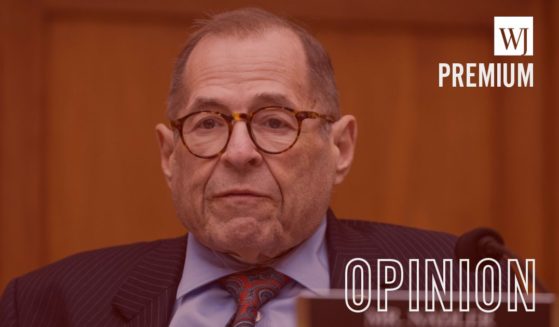Green Bay Packers' Profits Drop 98% After Recent Struggles, Big Contracts
In the revenue-sharing, hard-salary-cap world of the NFL, the profits of individual franchises are often less significant than the profits of the league as a whole.
That wholesale redistribution of the league’s wealth tends to create a world where nobody posts truly eye-popping income statements, but even the most seemingly moribund market still has the means to field a competitive team without worrying about going bankrupt.
Even in that egalitarian world, experiencing a 98-percent drop in profit is eye-popping, yet that’s exactly what the Green Bay Packers reportedly managed to do in the 2018-19 fiscal year that ended March 31.
The Packers made just $724,000 in profit, according to The Associated Press, one year after pulling in a surplus of $34.1 million and two years after posting a $75 million profit.
“From a financial standpoint, it was a unique year for the Packers,” team president Mark Murphy told the AP.
Part of the problem is that while teams are all but guaranteed to break even via league-wide revenue sharing, it’s often in local revenue that teams make big profits.
In particular, revenue from pro shop sales, stadium tours and visits to the Packers Hall of Fame appear to have been hurt by team’s recent losing.
Plus, quarterback Aaron Rodgers‘ 4-year, $134 million contract and the high-profile free agent signings of linebackers Za’Darius Smith and Preston Smith, safety Adrian Amos and guard Billy Turner all contributed to Green Bay’s expenses going from $420.9 million to $477.2 million in the span of a year.
Even though there is a hard salary cap in football, there are loopholes teams can exploit in terms of how they structure contracts. And while the real money may be below the cap, the bank doesn’t care — a dollar out is a dollar out to them no matter how it’s structured.
“We were a little more aggressive than we’ve been in a number of years,” Murphy said.
He did, however, assuage fans by letting them know that no, ticket prices would not be gouged to make up for the shortfall.
“If we can get back to the playoffs and get to the Super Bowl, that always helps,” Murphy said. “We have a policy regarding our season-ticket pricing. We want to be just below the league average. We don’t want everything to be on the backs of our season-ticket holders.”
This is a nice contrast to the kinds of teams that go 4-12, complain they’re not making enough money, then raise prices while their fans howl on sports talk radio.
Meanwhile, speaking of things that cut into profits, the current collective bargaining agreement expires after the 2020 season, and rumors are flying around all over the shop of a potential work stoppage.
In the event that football ends up like hockey did in 2004-05 and loses an entire season, the Packers have $397 million banked to fund their operations even if no games are played.
That’s expected to cover a year’s expenses.
“The plan was that we had enough money to cover expenses for a year. I think we’re in very good shape with that,” Murphy said.
“We don’t have a rich, deep-pocketed owner, so we have a $400 million corporate reserve. Three or four years ago, we put $50 million into the corporate reserve. It’s grown since then with investment returns, and we’ve made significant investments in real estate around this area.”
So don’t worry, Green Bay fans.
No matter what, it doesn’t look like the Packers are going out of business anytime soon.
Truth and Accuracy
We are committed to truth and accuracy in all of our journalism. Read our editorial standards.
Advertise with The Western Journal and reach millions of highly engaged readers, while supporting our work. Advertise Today.











